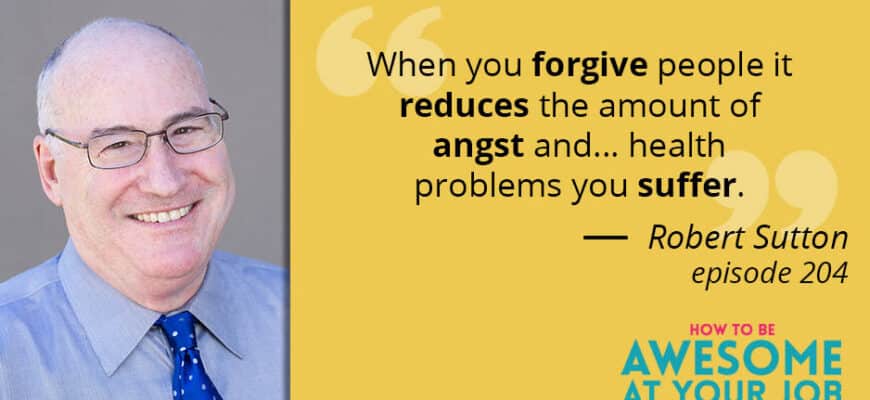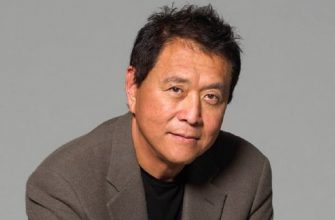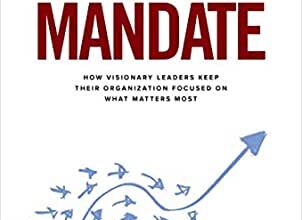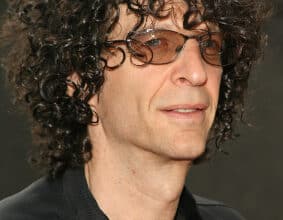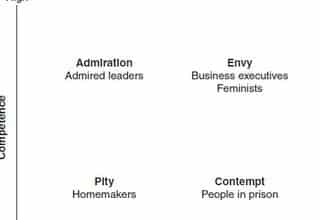I don’t know about you, but I am feeling generally bummed out. I can attribute it to my overreliance on following the news, but I’ve cut way back these last few months—I’m getting the same information, just trying to avoid the endless analysis that follows every event (or Tweet). No, it feels bigger than the news. We are inundated by venomous rhetoric that ignites the base while alienating everyone else. It’s “us” against “them” with my virtuous, learned ideals battling your purposefully repulsive, uninformed notions.
This may be the state of society right now, but it does not have to be the state of your organization. Someone has to break the cycle, and that sounds like the job of a leader. One leader, in particular, that we can all benefit from emulating is Michael Schur. If this name sounds unfamiliar, you certainly know his work. In addition to being a producer, writer, and actor on The Office, Schur is co-creator of Parks and Recreation and Brooklyn Nine-Nine and is the creator of The Good Place.
Schur has built a reputation in Hollywood of intolerance… an intolerance towards toxic conduct. According to a recent interview, Schur said, “People in general are far too tolerant of bad behavior because they think it’s necessary for creativity. But I don’t think you should ever think they are one and the same.”
On all of his shows, Schur enacts a policy of “No Jerks.” This applies to every level, from writers to directors to actors. He goes out of his way not to hire jerks and he does not tolerate this behavior on his sets. Just look at his current show, The Good Place. It stars two power hitters (Ted Danson and Kristen Bell) who have enough clout to do and say whatever they want. Yet, Danson regularly arrives early to work on his scenes, despite the fact that he has been a television icon since before most of the staff were born. And Bell memorizes not only her lines but everyone else’s. She also reads all of Schur’s philosophical course packets to understand the backstory behind the plots of the show.
When casting The Good Place, Schur started with these two individuals. He sought Danson and Bell’s acting abilities, of course, but he also understood that they represent his same values about how a positive workplace should operate. They model positivity to the cast and crew and help set the example.
[What makes us good is] our bonds to other people and our innate desire to treat them with dignity.—Chidi Anagonye, Professor of Ethics and Moral Philosophy
My advice today is simple; employ your own “No Jerks” policy. The world is hard enough without being surrounded by unpleasantness, and you, the leader, can control this. When you hear disparaging comments, shut it down. Ensure you have leaders who are bought-in to the “No Jerks” rule, develop those who aren’t, and remove those who can’t. Screen new hires for skills, but hire them for their attitude.
Enacting a “No Jerks” decree is not rocket science, but it does take a high degree of discipline. A few of your rainmakers might not make it. You may need to have an uncomfortable conversation with your highly effective executive assistant who enjoys her power a little too much. And you may not always be able to hire the superstar who also happens to be a diva. If you can put culture ahead of short term gains, the long term rewards will more than make up for it and it will ensure that you continue to build your own good place.

